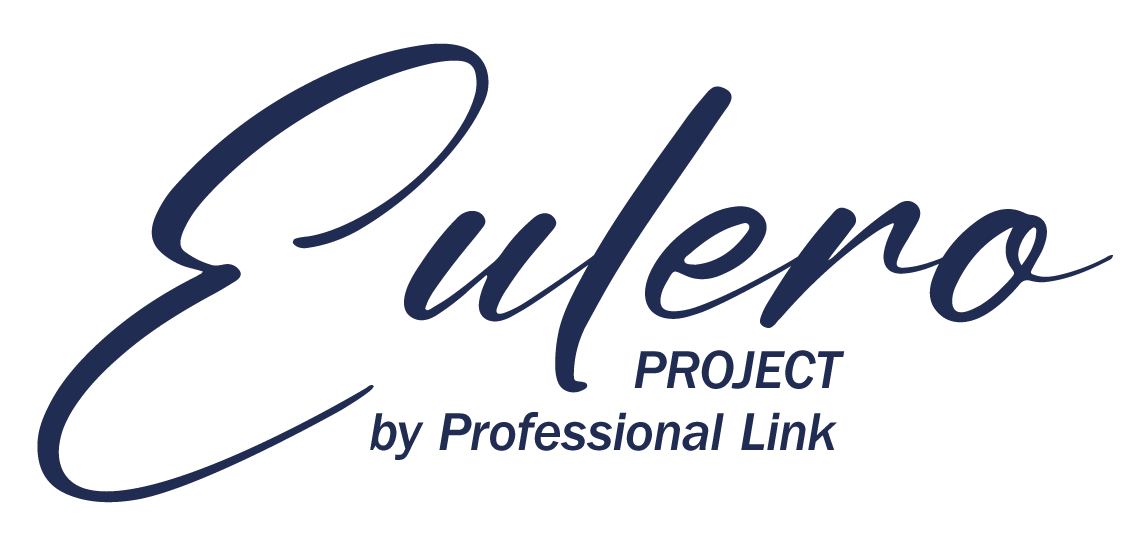Work tables
In PLINK there are work tables that consist of study and research environments composed of professionals belonging to different sectors, whose propensities and points of view may differ as well.
In these environments, colleagues have the opportunity to share their operational capacity, knowledge, and attitude about the work in PLINK, evaluate innovations in our services, propose ideas and identify training needs.
Work tables are places for experimentation that aim to produce concrete, useful results for the company as a whole.
At the moment in PLINK there are four operational tables active, each with a specific address:
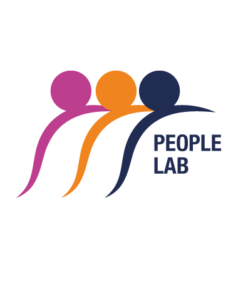
People
This work table carries out research into the well-being and professional growth of people in the corporate organisation.
The group’s work is also evident in relation to the cycle of events around our values. In particular, colleagues in the work table team pay attention to the internal dynamics and discussions that are generated around the topics covered during the events.
The People work table has published a study relating to the dynamics of the human brain within working environments, which is now available to all PLINK members.
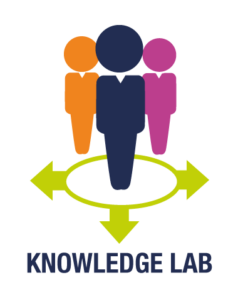
Knowledge
This work table deals with the enhancement and dissemination of knowledge within the company.
Specific skills and mastery are thus enhanced through a process that goes from being implicit and “private” to making them explicit and universally available.
The knowledge work table deals with making knowledge a common heritage, which in this way becomes part of the organizational culture as shared knowledge.
Knowledge work table builds the basis of individual development plans, which in the Eulero Project we call MyODP.
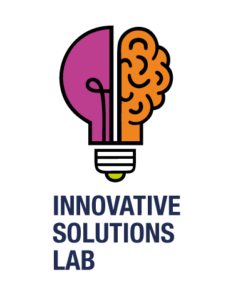
Innovation
Strategically, this work table carries out studies on possible technological and process innovations at PLINK, for the benefit of the entire company.
The innovation work table is meant to carry out research, therefore it produces reasoning, technical explorations and experiments on different topics.
It is meant to carry out research, therefore it produces reasoning, technical explorations and experiments on different topics.
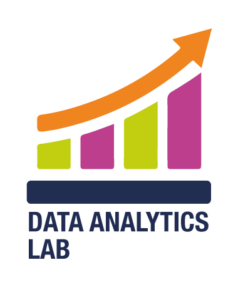
Data Analytics
Finally, the data analytics work table studies and monitors company operational data, integrating it into organizational processes (graph model) to improve them.
Through research and aggregation, the data analytics work table verifies the quality of the data. Participants also identify the most suitable technology to support the processes, such as artificial intelligence.
Its main objectives include measuring workloads, identifying any critical issues, improving processes and operational flows, and developing predictive capacity.




